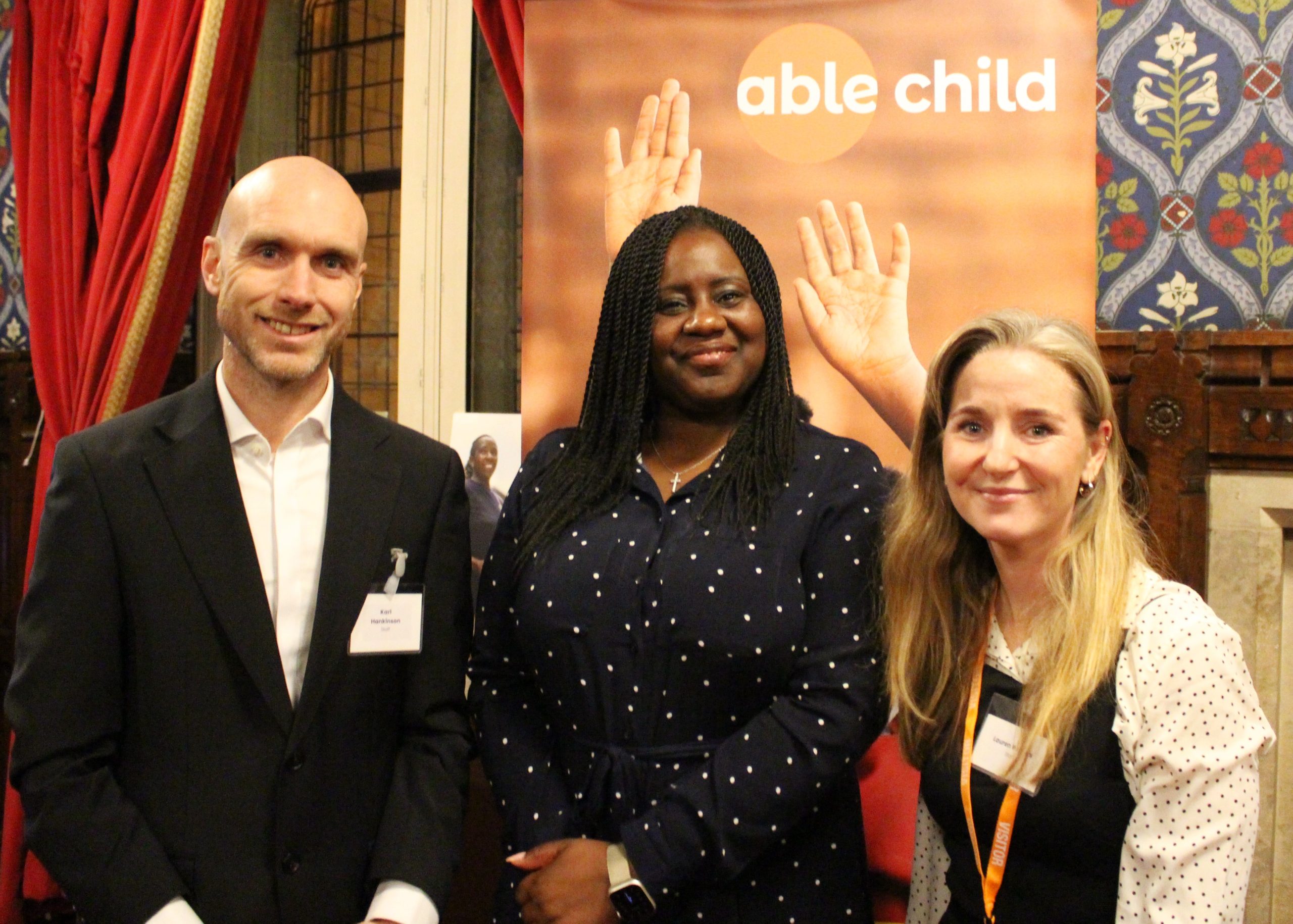Our Programmes and Advocacy Assistant, Anthony Ford Shubrook OBE, shares his take on how Covid-19 could affect people with disabilities around the world.
In this blog I will explore the impact COVID-19 is having on people with disabilities, both from a personal perspective and from discussions with others. During the last few months, the coronavirus disease has spread around the world. A disease never seen before has presented many challenges for people with disabilities who need extra support.
As a person with a lived experience of disability, I have had my own challenges following the outbreak and fully understand how people are being thrown into a difficult situation regarding their own support. As COVID-19 is a new disease, I was initially unsure how it might affect me and whether I was at an increased risk until I sought specialist advice. I am fortunate enough to be able to access such advice; many people with disabilities may find it much more difficult, particularly within the countries in which we work. I have a team of personal assistants (PAs) that work shifts to assist me throughout the week, many of whom travel using public transport to reach my home. I live with several housemates, therefore the coming and going of PAs puts my housemates and me at higher risk. Shortages of medical supplies such as personal protective equipment only increase this risk.
Furthermore, I have witnessed first-hand the lack of awareness in society. For example, my local supermarket is operating a policy of no more than one person per household entering. On a shopping trip with one of my housemates and my PA, I faced questioning about how many people were necessary. Another example was when I witnessed a young girl, who is a carer for her mother who has a disability, having to explain her situation to enter the shop. These examples show how people with disabilities are repeatedly having to justify themselves for what are their everyday needs.
Many of the needs of people with disabilities have gone unrecognised by governments. Information has not been provided quickly enough and has been far too general once made available. A close friend of mine who falls into the category of those most at risk was simply being told to stay at home for extended periods, in line with government lockdown advice. Within the UK, disability rights campaigners are concerned new emergency legislation bills on coronavirus risk undermine the rights of people with disabilities, people who need higher levels of care, as highlighted by a recent BBC News article [1]. The new legislation allows councils to ‘prioritise who and what type of needs it will meet, rather than being required to meet all eligible assessed needs as is currently the case’.vision of support to DPOs at a time when people need them most.
[1] https://www.bbc.co.uk/news/uk-politics-52036355 accessed on 17/04/2020








